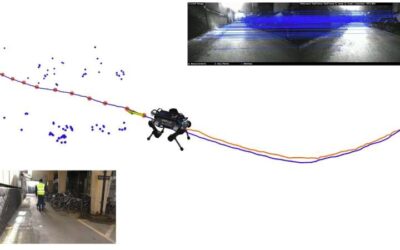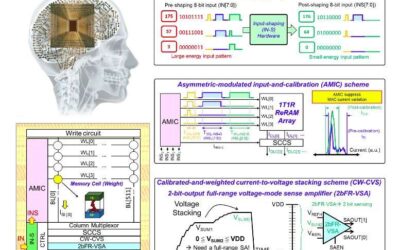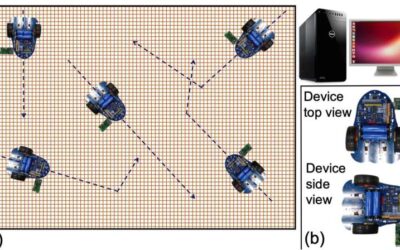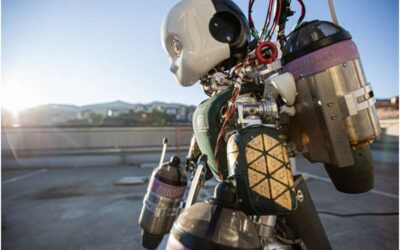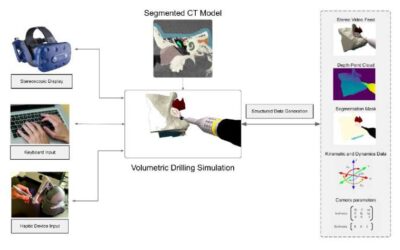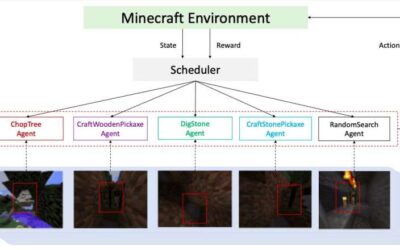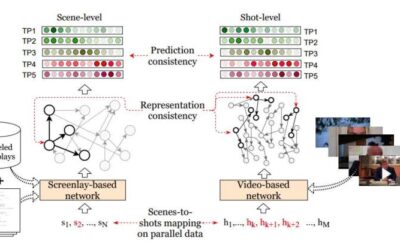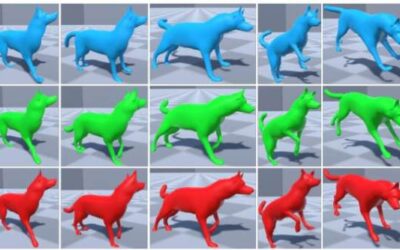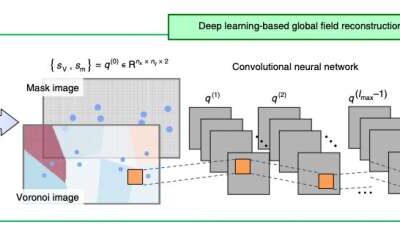To operate autonomously in a various unfamiliar settings and successfully complete missions, mobile robots should be able to adapt to changes in their surroundings. Visual teach and repeat (VT&R) systems are a promising class of approaches for training robots to...
Machine learning & AI
A four-megabit nvCIM macro for edge AI devices
Edge AI devices, systems that combine artificial intelligence (AI) and edge computing techniques, are becoming an essential part of the rapidly growing Internet of Things (IoT) ecosystem. These devices include smart speakers, smart phones, robots, self-driven cars,...
A model that can create realistic animations of talking faces
In recent years, computer-generated animations of animals and humans have become increasingly detailed and realistic. Nonetheless, producing convincing animations of a character's face as it's talking remains a key challenge, as it typically entails the successful...
A concurrent transmission strategy to enhance multi-robot cooperation
Researchers at the Indian Institute of Technology Bhubaneswar, in collaboration with TCS Research and Wageningen University, recently devised a new strategy that could improve coordination among different robots tackling complex missions as a team. This strategy,...
Moving toward the first flying humanoid robot
Researchers at the Italian Institute of Technology (IIT) have recently been exploring a fascinating idea, that of creating humanoid robots that can fly. To efficiently control the movements of flying robots, objects or vehicles, however, researchers require...
A virtual reality simulator to train surgeons for skull-base procedures
People with diseases or conditions that affect the base of the skull, such as otologic abnormalities, cancerous tumors and birth defects, might need to undergo skull base surgery at some point in their life. To successfully conduct these challenging procedures,...
SEIHAI: The hierarchical AI that won the NeurIPS-2020 MineRL competition
In recent years, computational tools based on reinforcement learning have achieved remarkable results in numerous tasks, including image classification and robotic object manipulation. Meanwhile, computer scientists have also been training reinforcement learning...
A new model that automatically generates movie trailers
Trailers, short video clips that introduce new movies, are often crucial elements in the promotional strategies employed by film production companies. To be most effective, trailers should briefly summarize a movie's plot, conveying its artistic style and overall mood...
A deep learning method to automatically enhance dog animations
Researchers at Trinity College Dublin and University of Bath have recently developed a model based on deep neural networks that could help to improve the quality of animations containing quadruped animals, such as dogs. The framework they created was presented at the...
A deep learning technique for global field reconstruction with sparse sensors
Developing methods to accurately reconstruct spatial fields using data collected by sparse sensors has been a long-standing challenge in both physics and computer science. Ultimately, such methods could significantly aid the design, prediction, analysis and control of...

